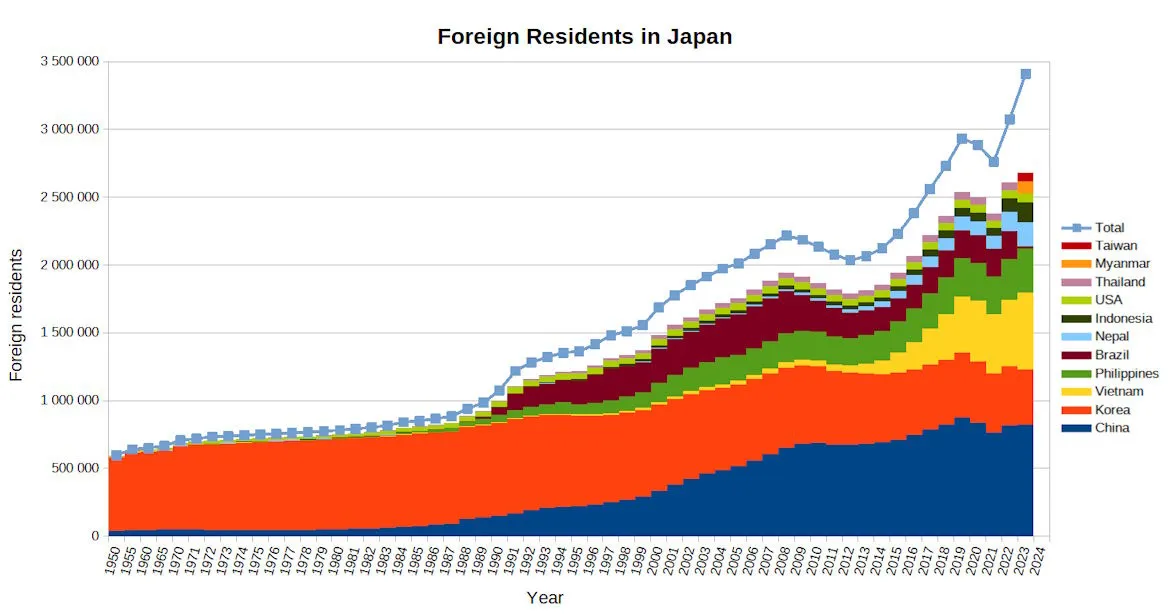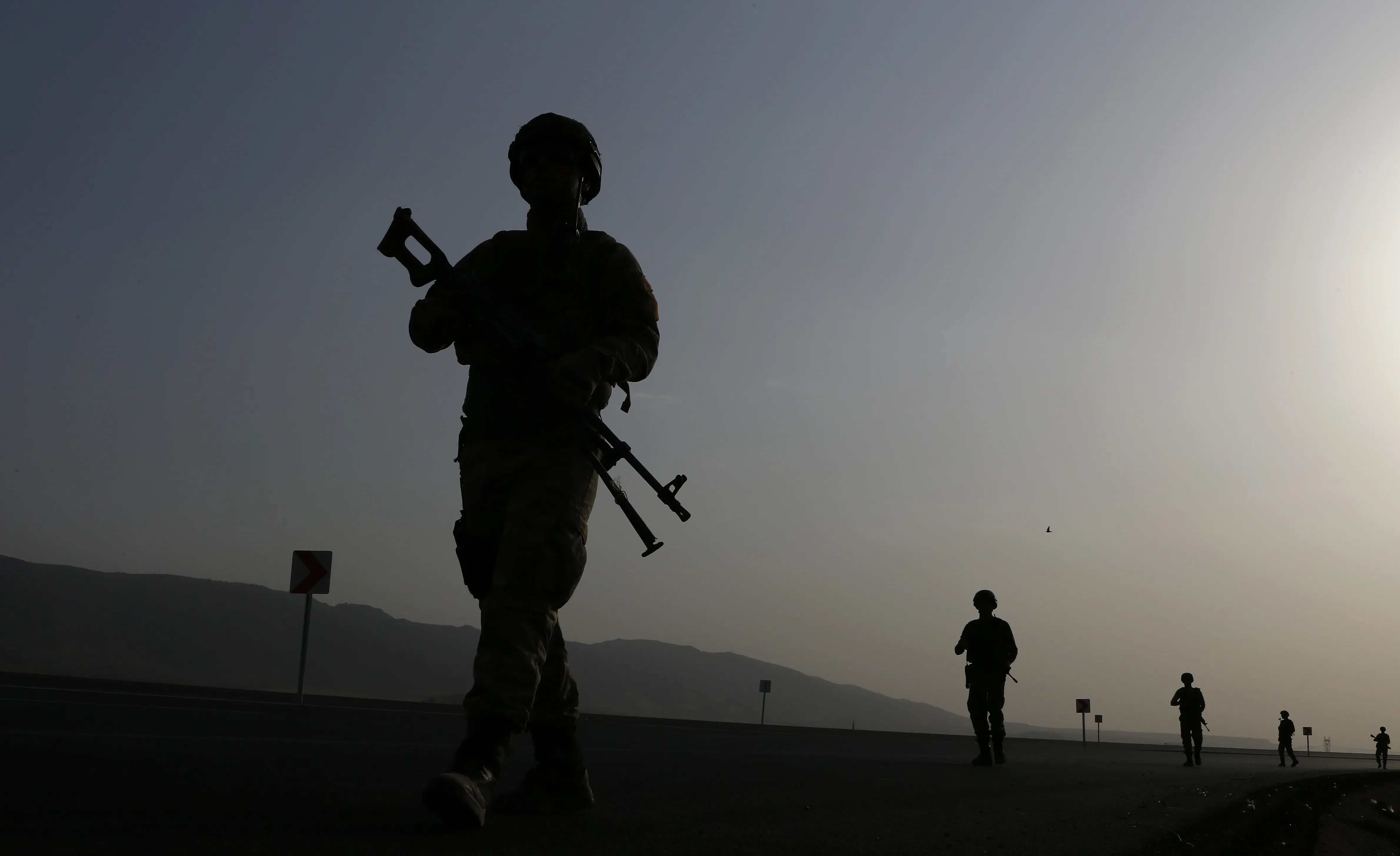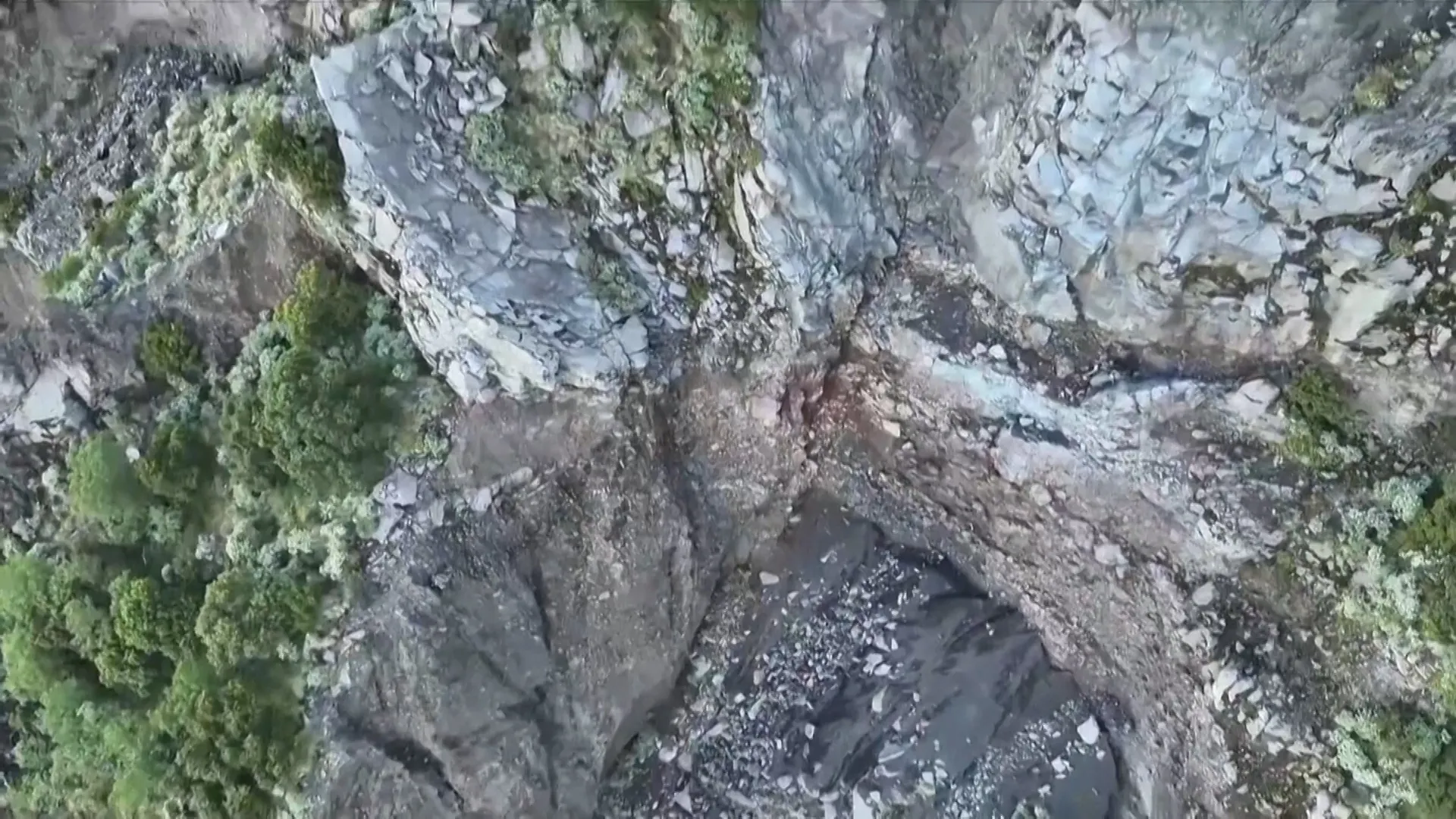The European Court of Human Rights (ECHR) in Strasbourg delivered two significant rulings against Russia on Wednesday, finding the state responsible for human rights violations during the ongoing conflict in Ukraine and for the downing of Malaysia Airlines Flight 17 (MH17) in 2014. These decisions represent the first time an international court has held Moscow accountable for human rights abuses related to the full-scale invasion since 2022 and explicitly named Russia responsible for the MH17 tragedy that killed 298 people.
Contents
The rulings stemmed from four inter-state cases brought before the court by Ukraine and the Netherlands. These cases encompass a wide range of alleged human rights violations by Russia in the context of the conflict, including events related to the downing of MH17 and other alleged abuses.
While symbolically important, the practical enforcement of these decisions is limited. The complaints were filed before Russia was expelled from the Council of Europe, the body overseeing the ECHR, in March 2022 following its full-scale invasion of Ukraine. However, the court retains jurisdiction over complaints against Russia concerning alleged violations that occurred before its expulsion.
MH17 Tragedy: Russia Found Responsible
One of the key rulings specifically addressed the downing of Malaysia Airlines Flight 17 on July 17, 2014. The Boeing 777, flying from Amsterdam to Kuala Lumpur, was shot down over eastern Ukraine. All 298 passengers and crew members aboard were killed, including 196 Dutch citizens. Investigations determined the plane was hit by a Russian-made Buk missile fired from territory controlled by pro-Russian separatists in eastern Ukraine.
The ECHR’s finding that Russia was responsible for the MH17 downing is a major milestone. Families of the victims have pursued various avenues for justice for over a decade. Thomas Schansman, who lost his son Quinn in the tragedy, described the ECHR decision to The Associated Press as “a real step in understanding who was really responsible.”
Earlier, in May, the United Nations’ aviation agency, ICAO, also found Russia responsible for the disaster.
 Image showing a close-up of a piece of potential aircraft debris or evidence marker from the MH17 investigation site.
Image showing a close-up of a piece of potential aircraft debris or evidence marker from the MH17 investigation site.
Human Rights Violations in Ukraine
Beyond the MH17 ruling, the ECHR also found Russia violated international law in its conduct during the conflict in Ukraine. This broad finding covers alleged human rights abuses since the initial start of the war in 2014, preceding the full-scale invasion. This marks the first instance since the large-scale invasion began in February 2022 that an international court has held Russia accountable for human rights violations in the conflict.
In 2023, the ECHR ruled in a preliminary decision on jurisdiction that there was sufficient evidence demonstrating that areas in eastern Ukraine controlled by separatist rebels were “under the jurisdiction of the Russian Federation” at the time of the MH17 downing, citing Russia’s provision of weapons and political/economic support. This earlier finding laid groundwork for the current decisions.
Context of the European Court of Human Rights
The ECHR is the judicial arm of the Council of Europe, the continent’s leading human rights organization. Although Russia was expelled from the Council in 2022, the ECHR continues to process applications filed against Russia regarding events that occurred while Russia was a member state and bound by the European Convention on Human Rights.
These ECHR decisions are distinct from other legal proceedings. For example, a separate criminal prosecution in the Netherlands has resulted in convictions in absentia for individuals found responsible for the downing of Flight MH17. The International Court of Justice (ICJ), the top UN court, also ordered Russia to suspend its military operations in Ukraine in 2022, an order Russia has not complied with. Additionally, Ukraine is pursuing plans to establish a new international court specifically to prosecute senior Russian officials for the crime of aggression.
Wednesday’s rulings are not the final cases involving Russia before the ECHR. Kyiv has other inter-state applications pending, and the court is handling nearly 10,000 individual applications filed against the Russian state.
The families of MH17 victims, like Thomas Schansman, emphasize their commitment to continuing to seek justice, highlighting that the MH17 case remains a significant issue for Russia.
For further information on related events and international legal processes concerning Russia and Ukraine, explore our other coverage.








































